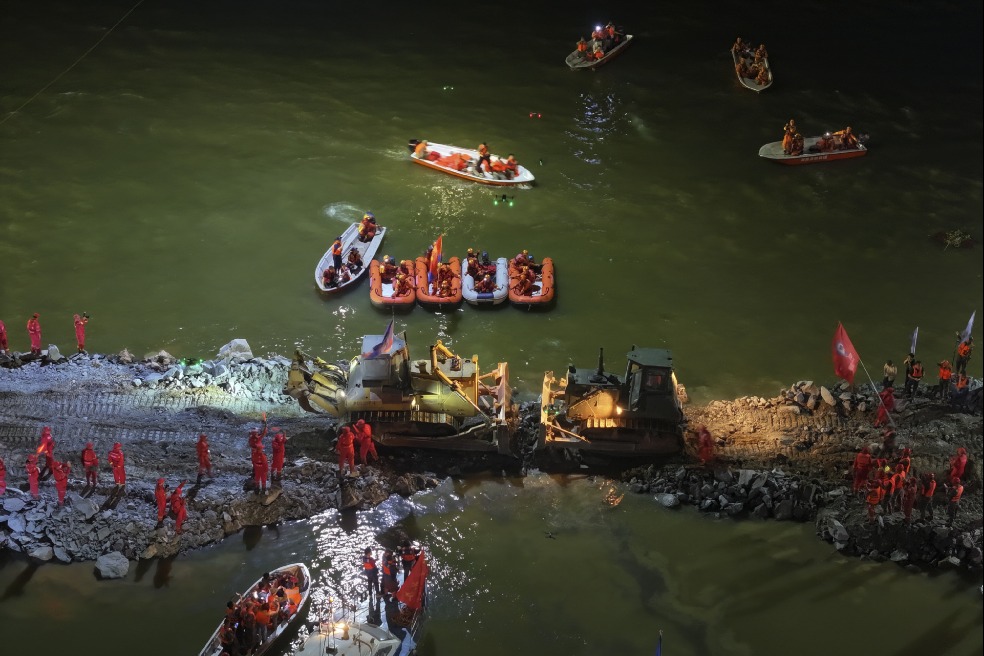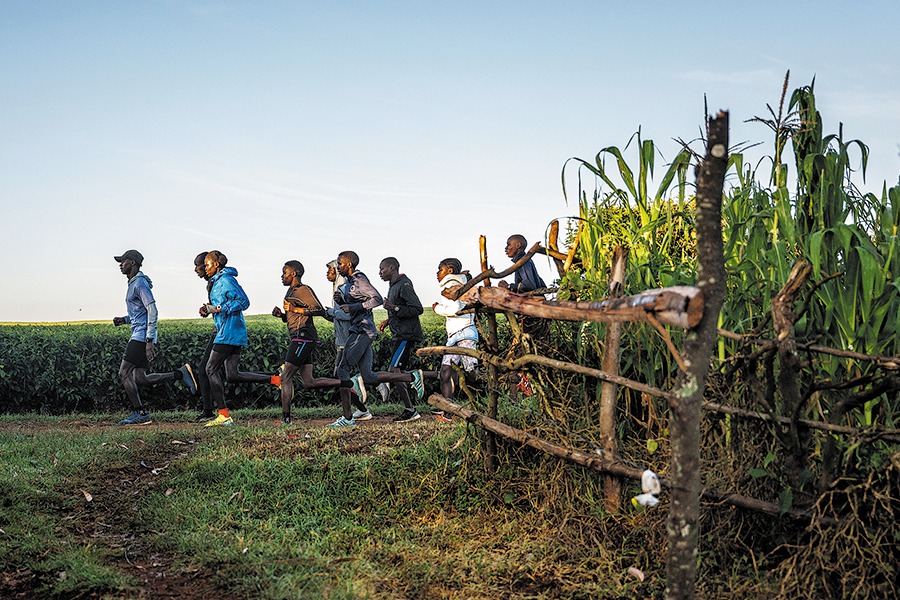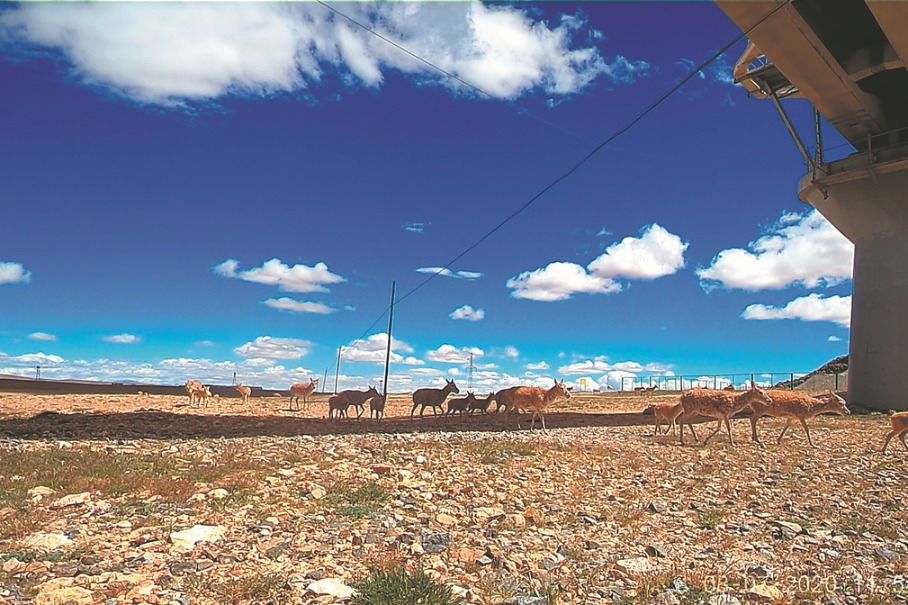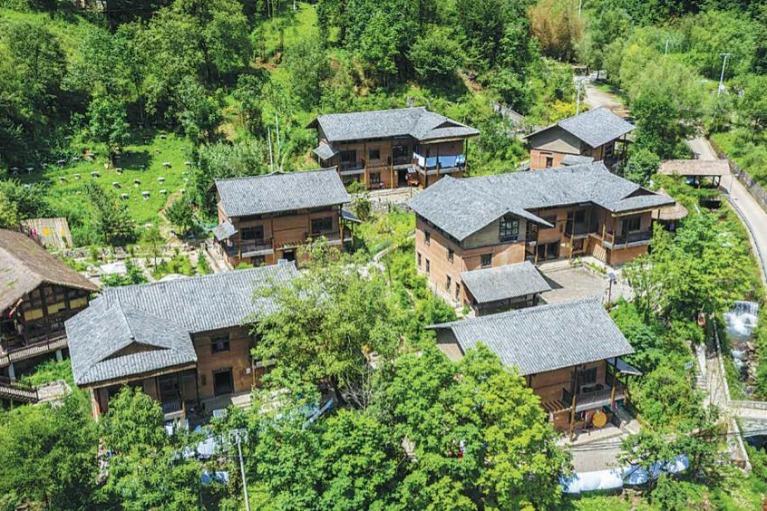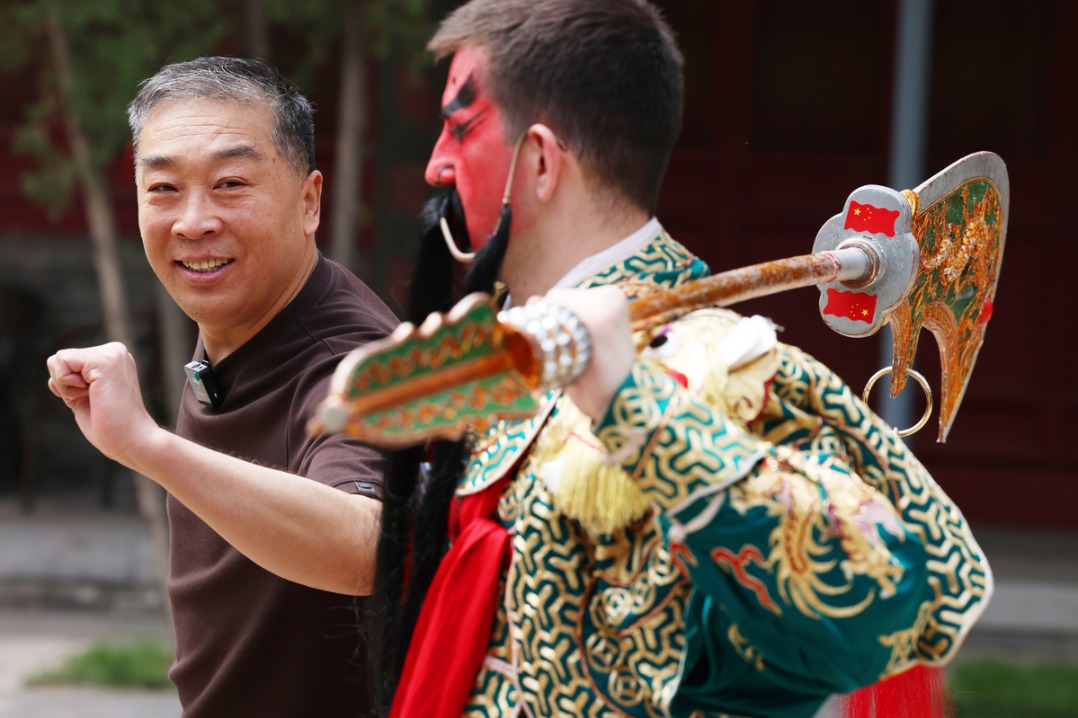Ireland puts first satellite into orbit
By JULIAN SHEA in London | China Daily Global | Updated: 2023-12-05 09:19
Ireland has become the latest country to join the space race after the successful launch of the country's first ever satellite, on a Space-X Falcon-9 launcher from Vandenberg Space Force Base in California.
EIRSAT-1, as it is known, was the culmination of six years of work by students at University College Dublin under the auspices of the European Space Agency's Fly Your Satellite program.
More than 50 students from the university's departments of physics, mathematics, mechanical science, and computer science were involved in the project as part of a program that cost just 1.5 million euros ($1.63 million).
"This is fulfilling a life's dream, for many, of reaching for the stars as Ireland now takes its place in space for the first time," said the country's Minister of State for Business, Employment and Retail Neale Richmond.
UCD President Orla Feely said: "From their initial proposals to the ESA six years ago, to the cleanroom and Mission Control located on the UCD campus where students will operate EIRSAT-1 while in orbit, and, of course, the engineering and building of the satellite itself, the UCD team has taken a significant step for space education, research and capacity building in Ireland."
Josef Aschbacher, director general of the ESA, praised UCD for its help in pursuing one of the agency's common educational goals, of developing the skills of the younger generation.
"With our education program, we are nurturing generations of citizens who are learning to use space technology and space solutions in order to make a difference for our society, our planet and our future," Aschbacher said.
The Irish Times newspaper described the satellite, of a variety known as a CubeSat, as being "not much bigger than a house brick, but also incredibly sophisticated".
"It carries on board equipment to carry out three experiments, one on gamma ray radiation, a second on temperature regulation in space and a third on how to orient satellites in the right direction," the paper said.
Speaking before the launch, PhD student Cuan de Barra, who is responsible for testing and operations of the satellite, said the project had been a steep learning curve.
"No-one knew how to build or launch a satellite," he told the BBC. But now it was successfully up, he added, "I can't wait to speak to it for the first time".








